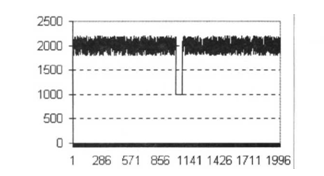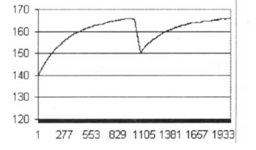0 131405 131413 131419 131423 131429 131431 131435 131441 131443 131449 131455 131459 131461 131465 131471 131473 131479 131483 131485 131489 131491 131495 131497 131499 131500 131501 131503 131504 131505 131507 131509 131513 131515 131519 131521 131525 131531 131533 131539 131543 131545 131549 131555 131561 131563 131569 131573 131575 131581 131585 131591 131599 151629

